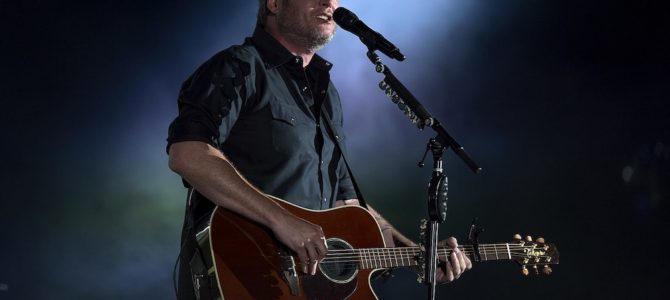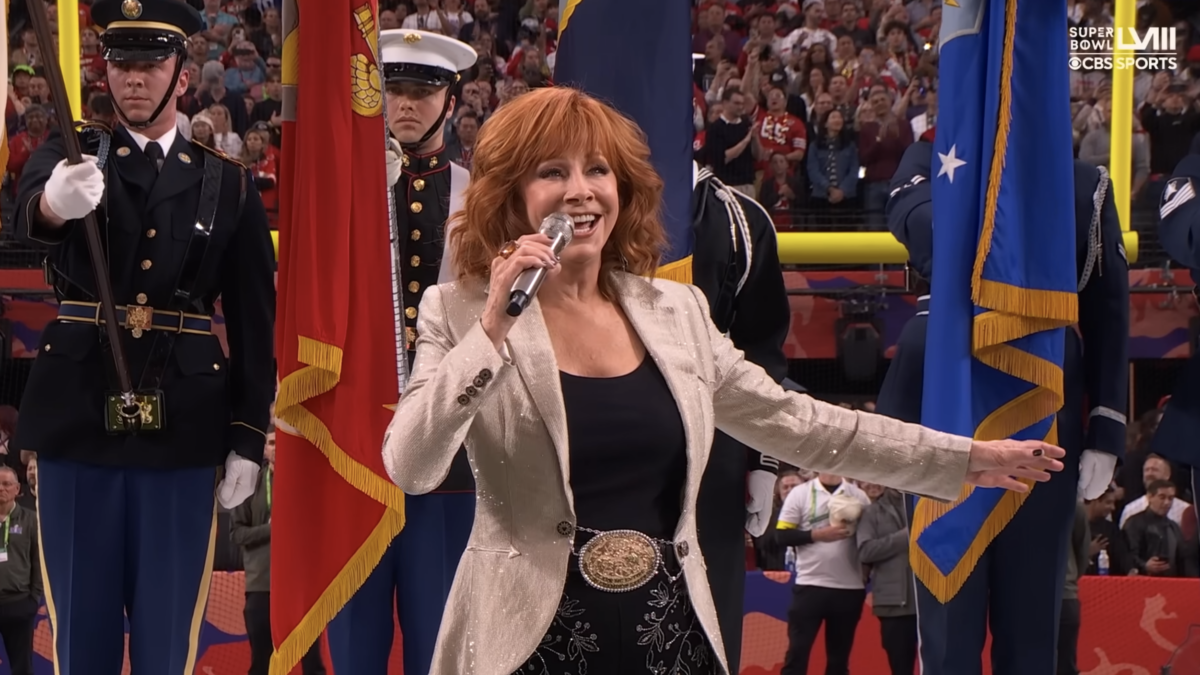Earlier this month, country music superstar Blake Shelton came under fire for releasing his newest single “Minimum Wage.” Written by songwriters Nicolle Galyon, Corey Crowder, and Jesse Frasure, “Minimum Wage” describes how a woman’s love can uplift a man and make him feel rich even if he is barely getting by financially on “minimum wage.”
It didn’t take long for perpetually outraged Twitter trolls to denounce Shelton for insensitivity toward people struggling to pay rent during the COVID-19 pandemic. Shelton’s online critics want to cancel him for being a “tone deaf” millionaire country singer and television star of the hit reality contest, “The Voice.”
Lol rich person @blakeshelton writes a song about money struggles and all you need is love. Yeah dude, you're fucking tone deaf. You dont know what it's like to be poor. So fuck off with that noise.
— BC (@CatDadKing) January 17, 2021
https://twitter.com/brandensculpins/status/1344897081656295427?s=21
Shelton revealed last week that he didn’t immediately respond to the controversy because he didn’t think it deserved a response. “With ‘Minimum Wage,’ at first I thought, ‘Wow, I guess I just, I’ve missed something here,'” Shelton said. “And the more I read into this, I realized this was really not real. Whatever this backlash is just four or five people that probably don’t know anything about country music. They clearly hadn’t heard the song or read the lyrics.”
Far from being a tone-deaf wealthy crooner, it turns out Shelton really can relate to “Minimum Wage.” Born and raised in Oklahoma, Shelton grew up in a middle-class household. After high school, he worked his way up in the music industry.
Like so many other young musicians, he struggled financially. He painted houses, worked at a music marketing and management company, and sang for demos for $40 a pop before finally signing his first record deal.
“I struggled for so long to get by,” Shelton told CMT. “But at the end of the day, I wouldn’t trade those times for anything. Those really were some of the best days of my life, that I still think about all the time.”
After he signed a record deal, things “really got tough.” His demo singing work, which “was the difference in making ends meet or not,” dried up. Nonetheless, Shelton persisted. “I knew what I wanted and I just didn’t even care. I wanted to sing. And whatever I had to do to get by to be a singer, I didn’t care,” he continued. “And, luckily, the record finally came out and did what it did, and I never really had to look back since then, which is fortunate.”
Country music is beloved for elevating and celebrating the life, joys, and struggles of the working class and small-town America. The genre is unique for its story telling, while unabashedly embracing themes like family, marriage, faith, and patriotism — all things ignored and even disdained by pop culture and urban America.
What’s missed by the social justice critics is that even people on minimum wage deserve songs that reflect their lives and aspirations. Their hourly wage should in no way diminish their capacity to feel loved, rich, or like a winner.
While established celebrity stars no longer struggle economically, many, like Shelton, Luke Combs, and Toby Keith, who have achieved their American dreams, are enjoying it country style, building enviable homes on farms and ranches in their home states. It’s not hard to imagine that they spend their money the way their fans would if they suddenly found themselves wealthy. So in that way, they are totally relatable to their audience, even if they are outrageously rich.
The trolls trying to cancel Blake Shelton would never buy a property in red state America because they don’t live in or even like middle America. Besides, if you’re offended by the song “Minimum Wage,” odds are that you don’t listen to country music anyway.









